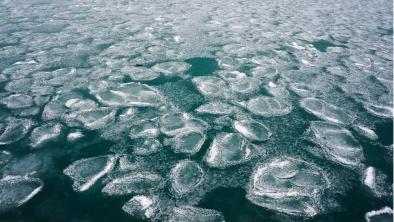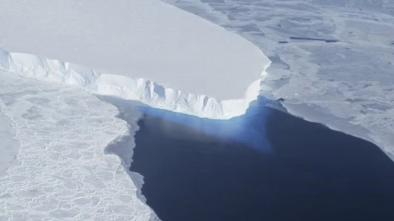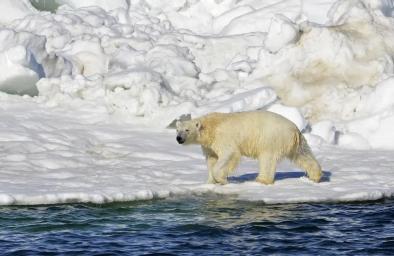Science Source
Future Arctic sea ice loss reduces severity of cold air outbreaks in midlatitudes
- States previous studies on the effects of Arctic sea ice loss on cold air outbreaks (CAOs) in midlatitudes have defined CAOs relative to the present-day climate, but changes in CAOs, defined in such a way, may reflect changes in mean climate and not in weather variability, and society is more sensitive to the latter
- This study revisits the above topic but applies changing temperature thresholds relating to climate conditions of the time
- States CAOs do not change in frequency or duration in response to projected sea ice loss
- States CAOs do, however, become less severe, mainly due to advection of warmed polar air, since the dynamics associated with the occurrence of CAOs are largely not affected
- Finds CAOs weaken even in midlatitude regions where the winter mean temperature decreases in response to Arctic sea ice loss
- States the results are robustly simulated by two atmospheric models prescribed with differing future sea ice states and in transient runs where external forcings are included
Related Content
Science Source
| Nature
Regime shift in Arctic Ocean sea ice thickness
Headline

Feb 21, 2023 | Climate Nexus Hot News
Ice Absent From Great Lakes, New England
Headline

Feb 16, 2023 | Climate Nexus Hot News
Antarctic Sea Ice At Lowest Recorded Levels, Again; Thwaites Glacier's Weak Spots Getting Weaker
Headline

Jan 25, 2023 | Climate Nexus Hot News
Melting Sea Ice Could Increase Threatens Polar Bears, People


